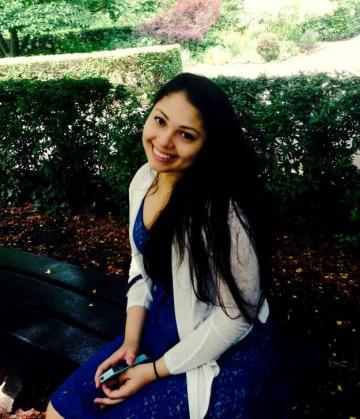
Policies pertain to campus safety (including harassment and discrimination), the confidentiality of student records, drug and alcohol use, student leaves, and political activity, and more. All students, faculty, staff, affiliates, and visitors to the University should know and are governed by these.
Read more
In addition to the policies of the University, it is also your responsibility to know and abide by school-specific policies. The Office of Judicial Affairs and Community Standards provides links to school-specific resources, including the academic bulletins, and provides examples of policy violations.
Read more
After moving in, roommates and hallmates will work to establish community standards together. When necessary, your Residential Adviser (RA) or other Residential Life staff will assist with resources, referrals, mediations, and confrontations regarding policy violation.
Read more
Columbia University is committed to providing an environment free from discrimination, harassment, and gender-based misconduct. These types of behaviors include discrimination, discriminatory harassment, sexual harassment, sexual assault, gender-based harassment, stalking, and intimate partner violence.
Read more
This mandatory session during NSOP will cover your rights, protections, and responsibilities under the University’s policies, facts about coercion and alcohol-involved sexual violence, and the components of consent. Sexual violence and gender-based misconduct can be prevented with community involvement.
Read more
A part of Columbia Health, SVR is a confidential service that's available 24/7. Whether you want to create a safe environment for friends, are a survivor of sexual violence, or are a student who needs related resources, SVR and the Rape Crisis/Anti-Violence Support Center will always be here for you.
Read more
SVR has offices at the Morningside, Barnard, and Medical Center campuses. Reach a staff member at any time at 212-854-HELP/4357 ("4-HELP" on a campus phone). Our staff, including survivor advocates, peer advocates, peer educators, and prevention coordinators, is trained and certified to support you.
Read more
During NSOP you will take part in RC@C, a peer-facilitated program that allows honest dialogue about alcohol and other drugs and establishes and supports a normative community of smart, safe, and responsible decision-making. Year-round, RC@C provides information, resources, and support to all students.
Read more
No campus community is removed from larger systemic issues, such as racism, homophobia, religious intolerance, sexism, and classism. Undergraduate Student Life and its partners worked with students and key administrative offices to develop a protocol for responding to acts of hate and bias/discrimination.
Read more
Students and staff from Columbia's four undergraduate schools developed this statement in spring of 2006 during a series of leadership summits, to outline the principles of healthy community interaction. In keeping with the spirit of the authors, let these guide you in all that you do.
Read more
Your RA and OL are knowledgeable resources. In your one-on-one Connect Conversation, your RA will discuss your transition, community resources, and getting involved in campus life in the first weeks of the semester. He or she will continue to provide support throughout the year.
Read more |







